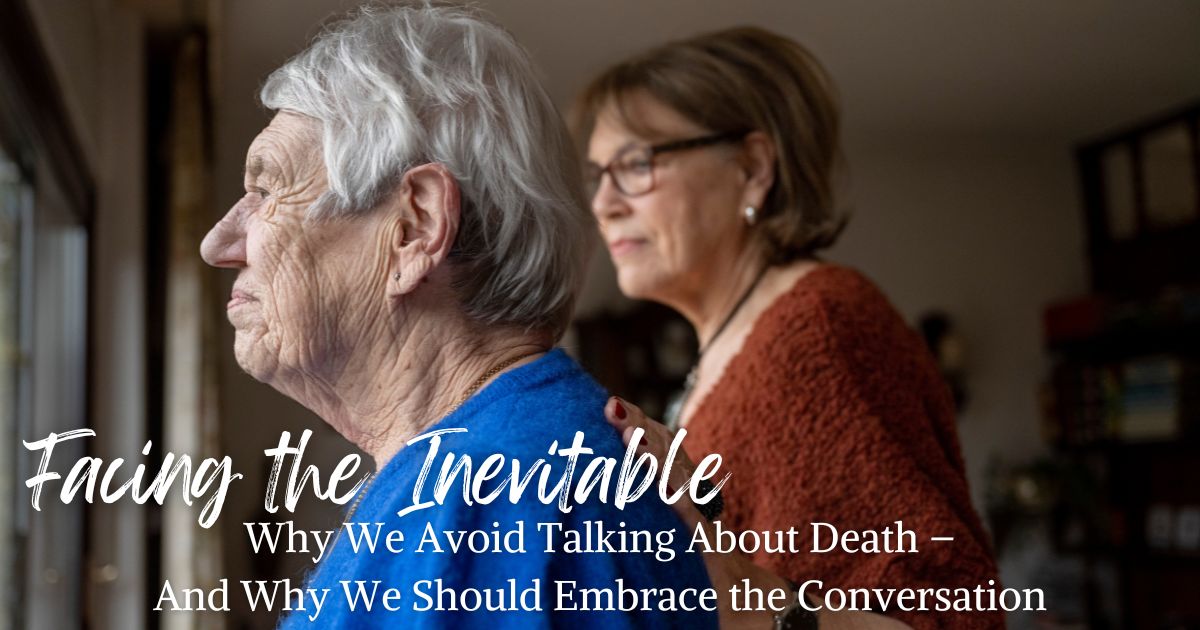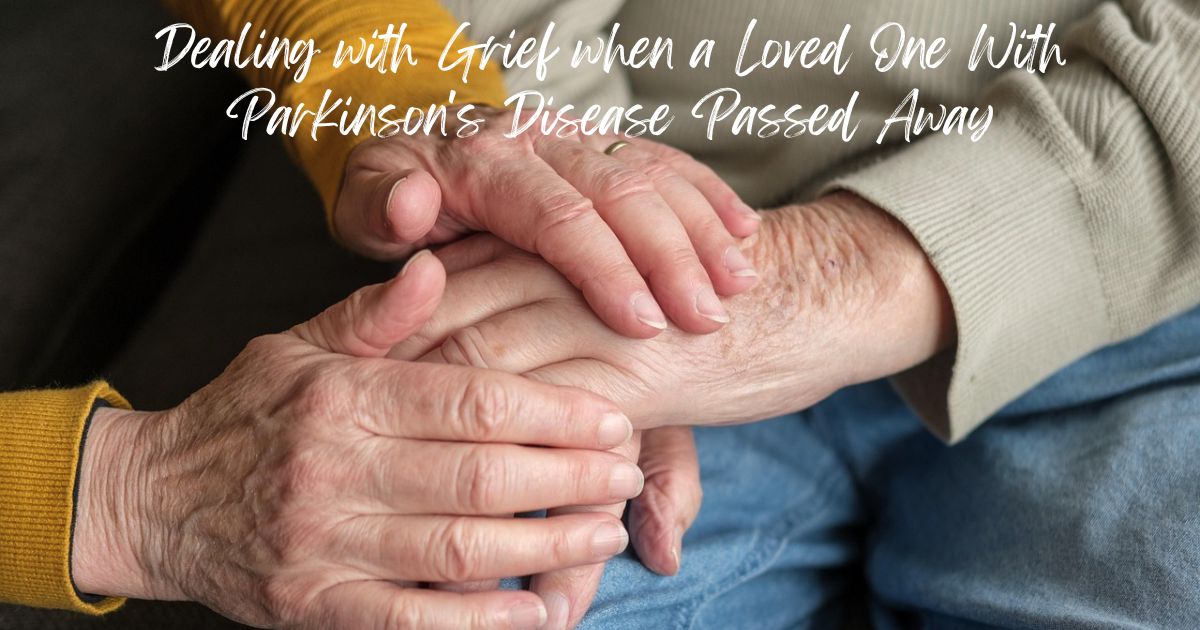
Listen to the "Facing the Inevitable: Why We Avoid Talking About Death and Why We Should Embrace the Conversation" Podcast
Death, the ultimate reality that awaits us all, is a topic often shrouded in silence. We shy away from conversations about mortality, end-of-life wishes, and funeral planning, often leaving these crucial matters unaddressed until it's too late. But why this reluctance to confront a reality we all must face? Why do we tiptoe around a subject that is as natural as life itself?
Perhaps it's the fear of the unknown, the uncertainty and finality of death that unsettles us. We may grapple with existential questions, anxieties about the afterlife, or simply the fear of ceasing to exist. The thought of our consciousness fading, and our experiences ending, can trigger a deep-seated fear that we instinctively try to avoid.
Or maybe it's the feeling of being unprepared, both practically and emotionally. We may worry about leaving our loved ones with financial burdens, unresolved matters, or the emotional weight of our passing. Have we secured our affairs? Have we expressed our love and gratitude sufficiently? These anxieties can weigh heavily on our minds, prompting us to push the thoughts of death aside.
Discussing death requires vulnerability. It means confronting our own mortality and acknowledging our dependence on others, which can feel uncomfortable or even expose a sense of fear or weakness. We may also fear that our end-of-life wishes differ from those of our loved ones, and broaching these topics could raise concerns about family disagreements or conflict. In an attempt to protect our loved ones from emotional pain or discomfort, we may believe that shielding them from these difficult conversations is an act of love and protection.
However, while avoiding discussions about death may seem easier in the short term, it can lead to greater challenges and burdens in the long run. Openly discussing death and end-of-life wishes can provide invaluable peace of mind. It allows you to express your preferences for your final arrangements, ensuring your wishes are honored and relieving your loved ones of the burden of making difficult decisions during a time of grief. Imagine your family, already grappling with the pain of your loss, also having to navigate the uncertainty of your preferences. By addressing these matters beforehand, you offer them a profound gift – the gift of clarity and direction during a time of immense emotional turmoil.
These conversations can also foster deeper connections with loved ones, creating opportunities for shared understanding and emotional intimacy. Talking about death, while challenging, can open doors to meaningful discussions about life's values, priorities, and the legacy we wish to leave behind. It can strengthen bonds and create a sense of shared purpose, reminding us of the preciousness of our time together.
Furthermore, discussing practical matters like funeral arrangements, financial affairs, and healthcare directives can alleviate stress and ensure a smoother transition for your family. Imagine the relief of knowing that your loved ones won't be burdened with deciphering your wishes or navigating complex legal and financial matters while they are grieving. By addressing these practicalities, you offer them the space to focus on healing and remembrance.
Openly acknowledging mortality can encourage reflection on life's values and priorities, leading to greater emotional preparedness and a sense of peace. It can prompt us to live more fully, appreciate the present moment, and express our love and gratitude more freely. Embracing the reality of death, paradoxically, can enrich our experience of life.
Breaking the silence around death can be challenging, but it's a crucial step towards embracing a more complete and meaningful life. By confronting our fears, communicating openly with loved ones, and planning for the inevitable, we can face the future with greater peace of mind and leave a legacy of love and clarity for those we leave behind.



